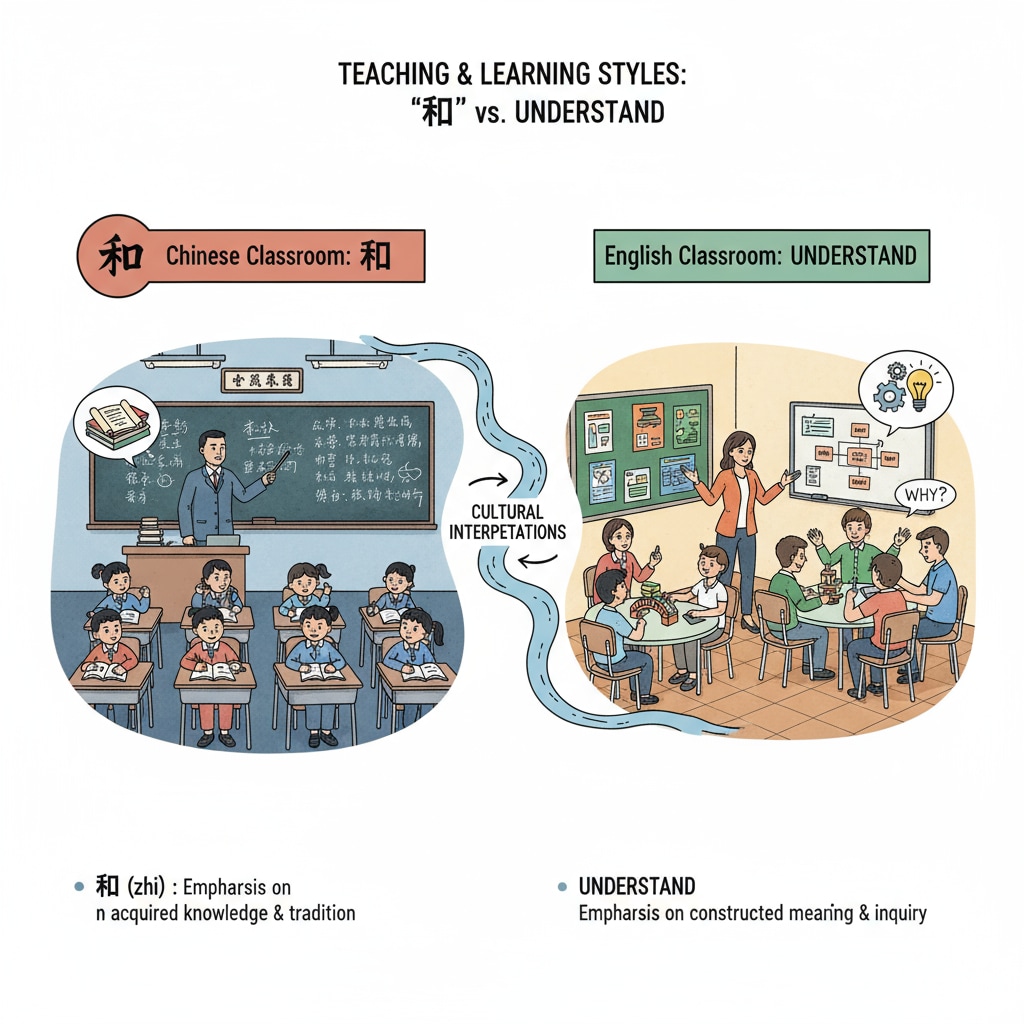The contrast between “知” in Chinese and “understand” in English not only showcases language differences but also reflects profound cultural thinking. This exploration has significant implications for K12 education.

Language Features of “知” and “Understand”
“知” in Chinese has a broad semantic range. It can simply mean to be aware of something, like knowing a fact. For example, “我知 道这件事” (I know this thing). On the other hand, “understand” in English implies a deeper cognitive process. According to Wikipedia’s entry on the English language, it often involves making sense of the meaning, significance, and relationships within information.
Cultural Connotations Behind the Words
The Chinese concept of “知” is sometimes associated with rote learning and memorization. In traditional Chinese culture, students were expected to know a lot of classical texts by heart. In contrast, the English “understand” is more linked to critical thinking and comprehension. As per Britannica’s information on the English language, Western education emphasizes understanding the essence of knowledge. This cultural difference has a profound impact on educational approaches.

In K12 education, it is crucial to integrate the wisdom from both cultures. Teachers can encourage students to first acquire knowledge like the Chinese approach of “知”, and then delve deeper into understanding, similar to the English concept of “understand”. This way, students can develop comprehensive skills from knowledge acquisition to in-depth understanding and finally to the application of wisdom.
Readability guidance: We’ve used short paragraphs to make the content more accessible. Each H2 section has a clear focus, and we’ve incorporated external links for further exploration. Transition words have been used to ensure a smooth flow of ideas.


